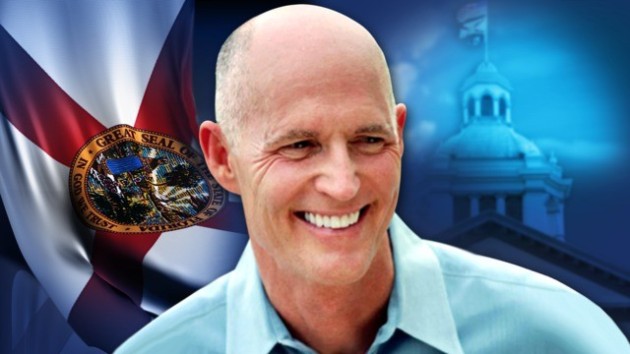Survey: CEOs say Florida second best state for business
In the 10th annual Chief Executive Magazine survey of CEOs concerning their views of the best and worst states for business, over 500 CEOs across the U.S. responded. Business leaders were asked to grade states with which they were familiar on a variety of measures that CEOs themselves have said are critical. These include the tax and regulatory regime, the quality of the workforce and the quality of the living environment. For example, a state’s attitude toward business is viewed as a critical component of its tax and regulatory regime, while employees’ attitude toward management is considered a crucial factor in the perceived quality of a region’s workforce. Public education and health are also important factors in the living environment, as are such things as cost of living and affordable housing.
Texas continues its 10-year historical position as the best state overall; but Florida, which ranks No. 2, is edging up and even overtaking Texas in its quality of living environment. “We’ve learned from Texas how to tell our story better and it helps that we’ve cut taxes 25 times—about $400 million,” Florida Governor Rick Scott told Chief Executive. Scott points to what he calls the Jim Collins “flywheel effect” where momentum is generated as more big name companies invest in his state. “When companies like Hertz, Amazon, Deutsche Bank and Verizon add jobs here, it causes more people to look at us. Business is comfortable that we’ll keep the tax base low and improve our workforce.”
Tennessee edged out North Carolina to take third place with North and South Carolina respectively capturing 4th and 5th place. Indiana, Arizona and Nevada finished 6th through 8th, respectively. Having jumped 31 positions from 40th in 2010 to No. 9 this year, Louisiana is the Cinderella state of Chief Executive’s ranking, proving that a concerted effort to transform old habits and policies can truly pay off. Wisconsin comes close with a meteoric thrust from 41st five years ago to 14th in 2014. Having survived a bitter recall last year, Wisconsin Governor Scott Walker recently signed Senate Bill 1, legislation that provides $504 million in tax relief over the next two years to state taxpayers. The bill reduces income- and property-tax rates, as well as eliminates income-tax rates for manufacturers, making the Badger state even more competitive.
Likewise, Ohio has seen dramatic improvement due, in part, to an energetic governor in former congressman John Kasich, who, like Walker, pushed a vigorous turnaround. During his tenure, Ohio became the No. 5 job creator in the nation and No. 1 in the Midwest. Unemployment is now 6.5 percent, the lowest in Ohio since June of 2008. Likewise, Ohio has gone from an $8 billion deficit to a $1.5 billion surplus over the same period.
California, New York and Illinois continue to rank among the worst three states in 2014, with virtually no change from previous years. California has gained breathing space since Governor Jerry Brown took office and is credited with a budget surplus. But despite the return of fiscal discipline, it has exchanged acute problems for merely chronic ones. It is a state that continues high personal income tax rates and regulates with a very heavy hand. Its top, marginal tax rate of 33 percent is the third-highest tax rate in the industrialized world, behind only Denmark and France. This situation creates a bias against savings, slows economic growth and harms competitiveness.



